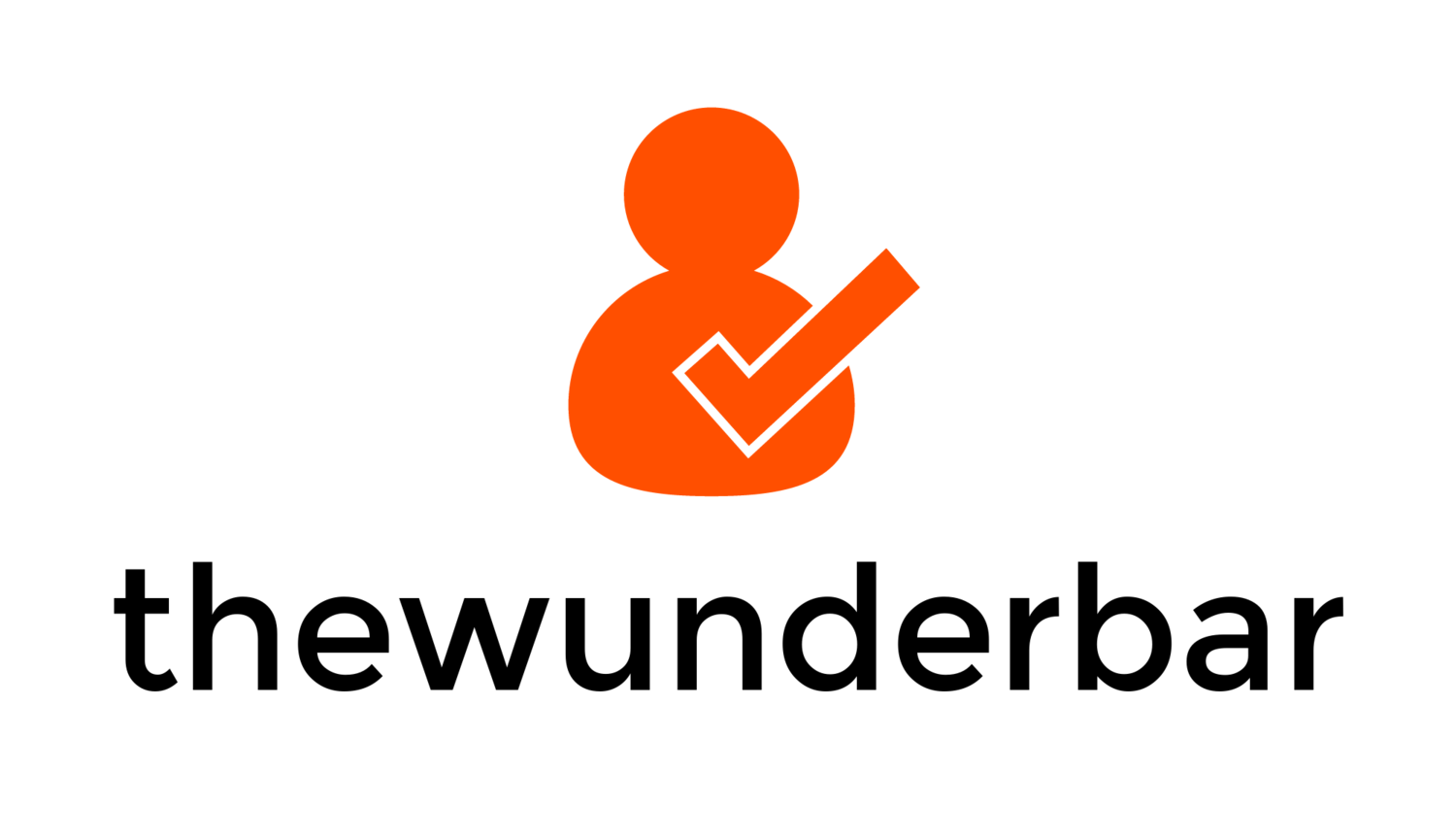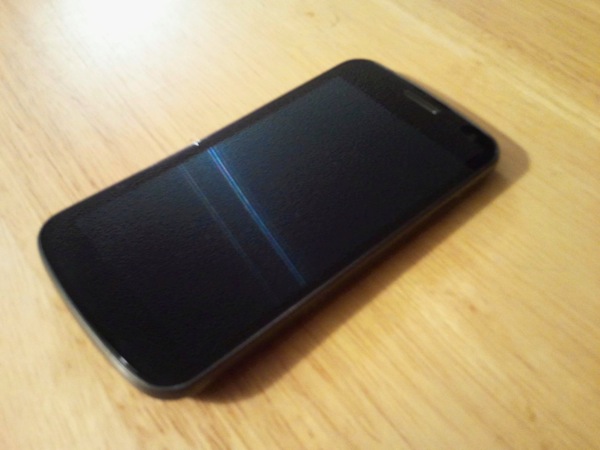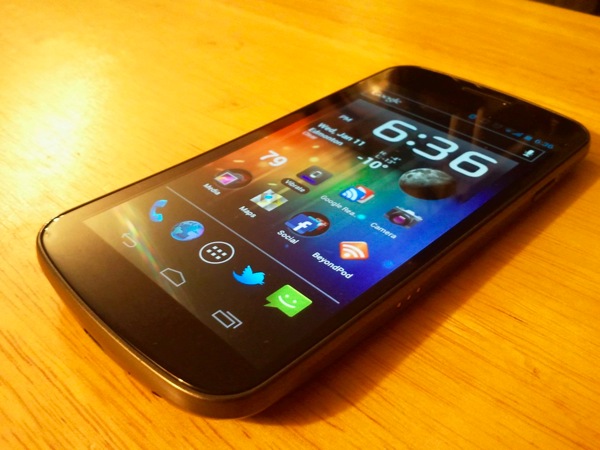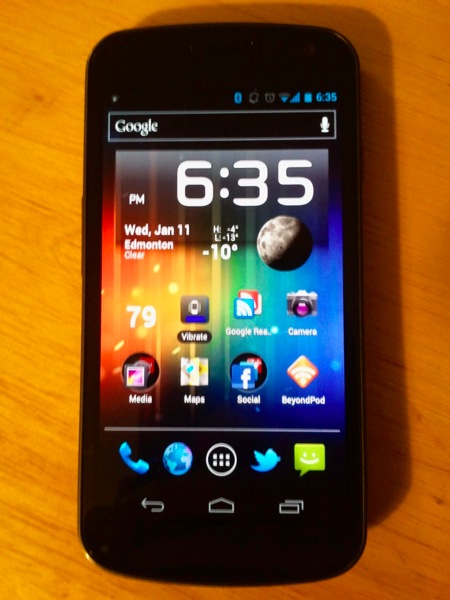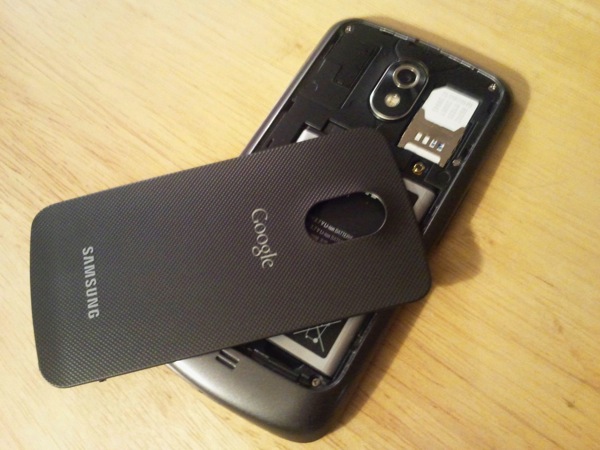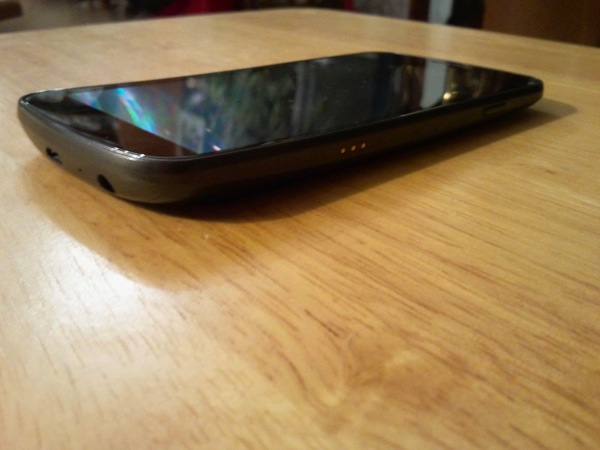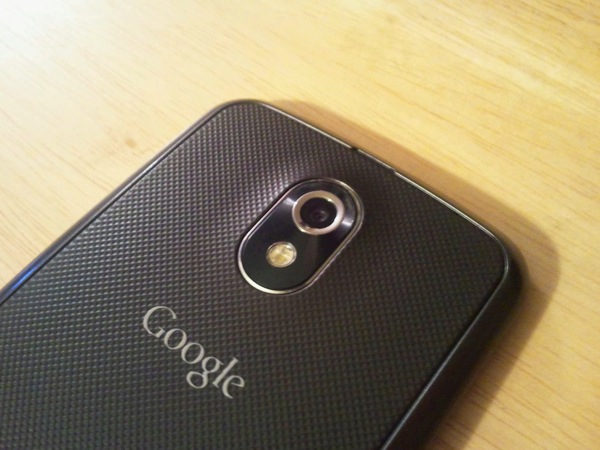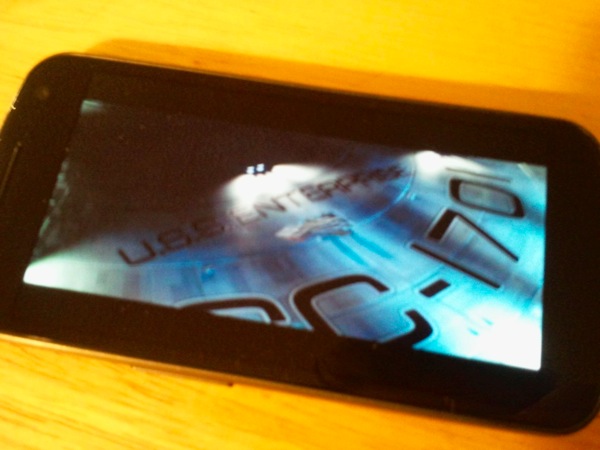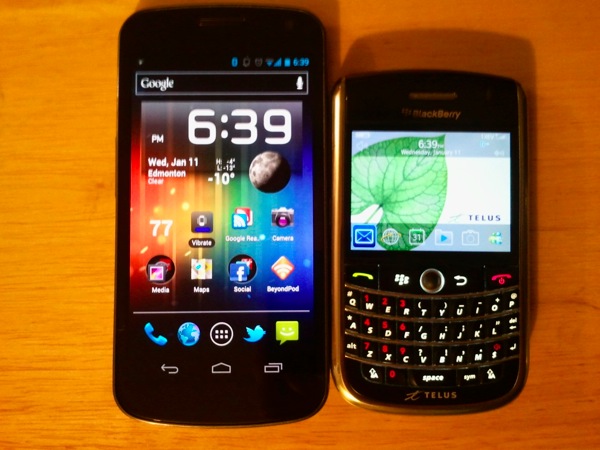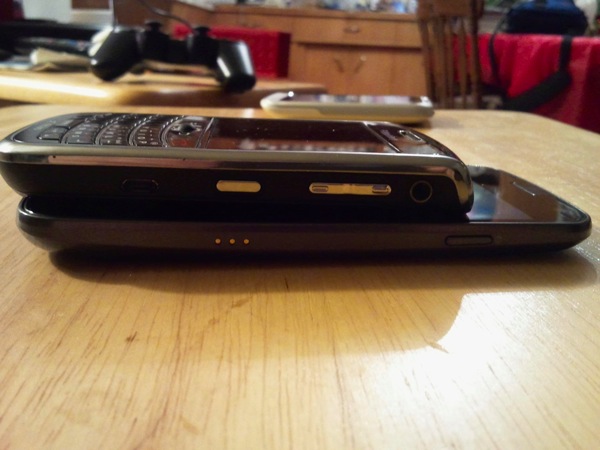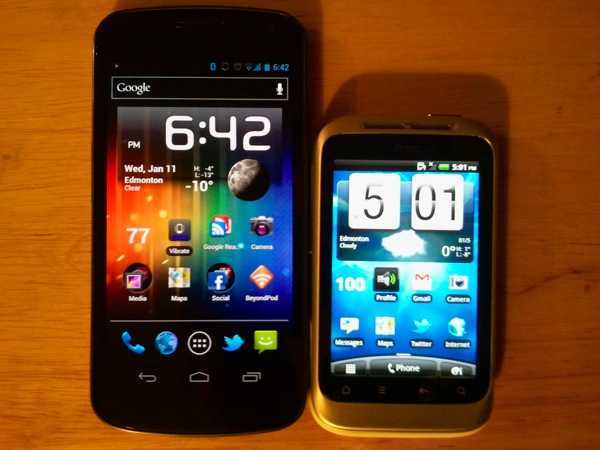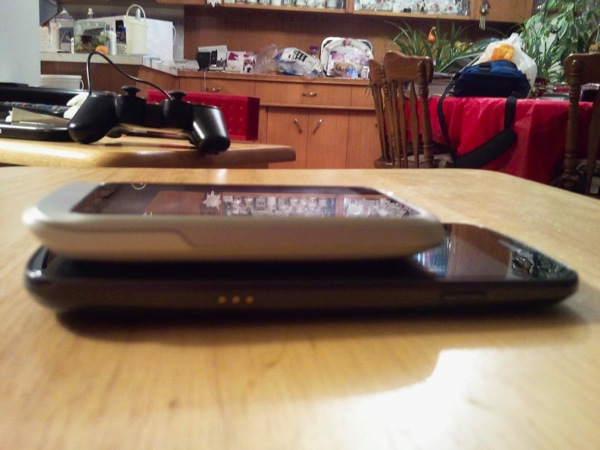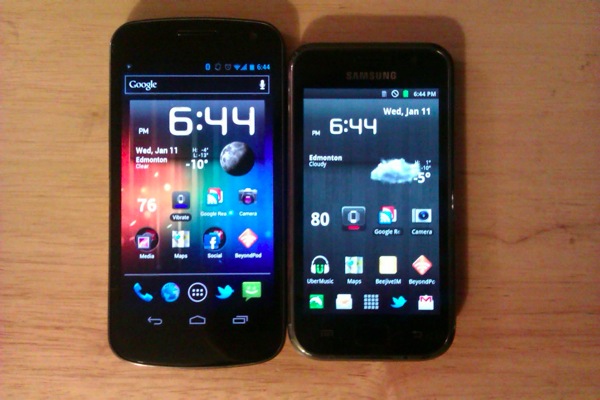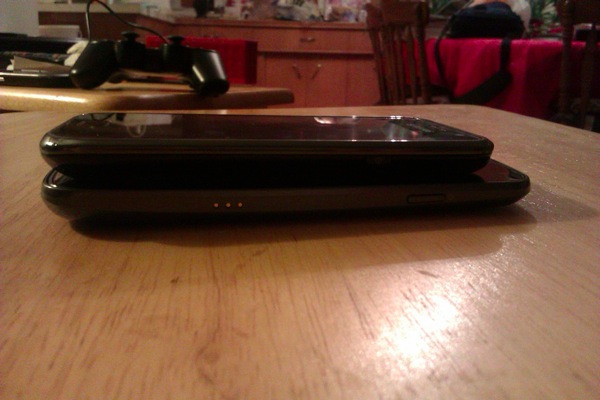I really shouldn't be surprised by the reaction to Google's recent announcement of changes to their privacy policy. Any time the word "privacy" is mentioned in any reference to the internet, the reactions are always strong. Unfortunately, like so many things related to the internet, too many people are simply unaware and don't understand what exactly is going on. That leads to a lot of mis-information on the part of the general public, as well as some unfortunate reporting by the media. Once again, unfortunately through normal media constraints of time and wanting the audience to understand the story, they have not explained the entire change, or lack thereof.
The change Google is making is a simple one. Right now, if you use Gmail, Google Calendar, Google Plus, Picasa, Youtube or most other google services, each individual one has a different privacy policy and Terms of Service Agreement (ToS). This leads to a lot of overhead and confusion, because all of those products are provided by one company, but yet each person must agree to different terms to use them. This means that all of your information in Google is stored in many different buckets. The Gmail bucket, the calendar bucket, the YouTube bucket, etc. Each bucket must hold all of your information that you have provided to Google.
Starting March 1, what will change is that instead of having all of your information sitting in several different buckets, it will be kept in one bucket. Google is aggregating their privacy policies into one (relatively) simple document, and keeping all of your information only once, and in one place.
The majority of the problem people have with this that I have read has been along the lines of not wanting to give more information to Google, and not wanting Google to have that information. But what most people don't understand is that with these changes, the amount of information Google collects does not change. Google will be collecting exactly the same information that they are today, the only difference is again, it will be stored in one bucket instead of 10.
One thing thet almost no one realizes is that in Google's older terms of service and policies they already say that they can take results from different services and use them to influence their results. Google keeps archives of their older terms of service documents and people who have more time than I do have gone through them and found that almost every revision has this provision in them. That means that in terms of how Google uses your data, we can literally say that nothing has changed. Nothing. They already had the ability to take information from their different services and interoperate them. The best example of this is that if you search a lot for a band, say Bon Jovi, on Google, when you go to YouTube you may see Bon Jovi music videos as recommended videos. That is not a bad thing, and Google does this today with your search history. They take your search history to try to give you more accurate results, and the same goes with YouTube. Nothing has changed here, and it shouldn't because it is not a bad thing.
The other big thing that many people won't even notice is that this change will allow Google to provide more targeted advertising. This is where many people seem to be leery of Google's new privacy policy. But, I've already gone into detail on my thoughts online privacy here. I encourage everyone to read it becuase I detail a lot about online advertising. The short version is that targeted advertising is actually better for the consumer and that really, I'd rather see ads about whiskey, not tampons, so bring on the targeted ads. Yes, this is a way for Google to make more money. I don't really see a problem with that, since they are a business, and a business is allowed to try to make money. One thing I stress time and time again is that Google is not a search company. Google is an advertising company. It is an important distinction. Search is what Google was born on, but today search is just one Google product that serves advertising, as nearly all Google products do. That is what all search engines are today.
This brings me to my last talking point, which has to do with people who are afraid that this could change Google search results, since they can be refined more for the user. Combined with last weeks' news that Google is going to start adding Google+ search results into search for some users, and there is much fear from people that a true search is dead, that everything is personalized. While I can see the point of that, the reality is that a pure search hasn't been a reality for many years. Everything you do is at least somewhat targeted. Even if you are not logged into google services Google can remember some of your search history on a particular computer through a cookie. So even if you don't have a google account, if you do all of your Google searching on one computer, your results will become more personalized over time. Then there is also location tracking. Google can track your relative location based on the iP address of your computer, and give you results based on where you are. The best example is that if I want to search for chinese food, I will want it to display results for chinese food restaurants and chains close to me, instead of one in China. If I wanted chinese food restaurants in China, I'd google "chinese food in China". Even if you turn on the private browsing mode of your browser so cookies cannot be tracked and used, that location data still exists, and is still used in search results. And once again, this is not unique to Google. Any search engine worth using follows these practices, because they have been shown time and time again to improve the user experience in search, and in most cases provide better results.
I hate brining up the term cookies here, because so many people still think cookies are a bad thing, and me saying that Google can track search history through a cookie will not help that. Cookies are a discussion for another time and place, but I will just say that cookies improve the browsing experience in ways that most people do not know because they, in part, allow web behaviours to be remembered. We are creatures of habit, and things that allow us to continue that habits are generally good things, but since it is often invisible to us we don't notice the benefit we get.
Before you take the media reports and blow them completely out of proportion, please consider the facts. Especially when most media reports can't and don't go into the detail necessary to really explain the issue to people (a person pet peeve of mine). It is easy to criticize and throw our hands up into the air when we hear something that we don't understand, but sounds bad. Especially when the reality is that almost nothing at all has changed. Literally almost nothing. However, once again fear of things we don't understand on the internet seems to be ruling the day here, when the reality is much different from the fear.
